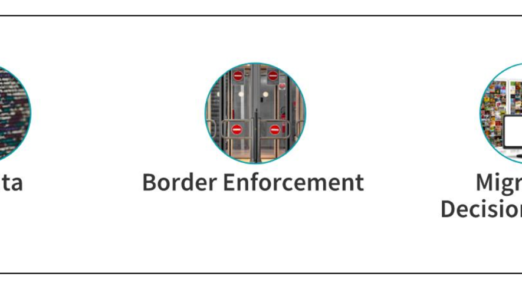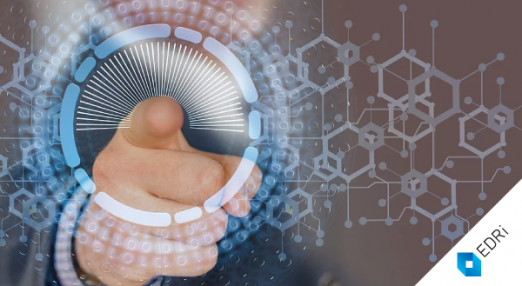EDRi-gram 18.3, 12 February 2020
"We have to ask ourselves what kind of a world do we want to create, and who actually benefits from the development and deployment of technologies used to manage migration"
-

The human rights impacts of migration control technologies
This is the first blogpost of a series on our new project which brings to the forefront the lived experiences of people on the move as they are...
-

Cloud extraction: A deep dive on secret mass data collection tech
Mobile phones remain the most frequently used and most important digital source for law enforcement investigations. Yet it is not just what is physically stored on the phone...
-

Digitalcourage fights back against data retention in Germany
On 10 February 2020, EDRi member Digitalcourage published the German government’s plea in the data retention case at the European Court of Justice (ECJ). Dated 9 September 2019,...
-

Double legality check in e-evidence: Bye bye “direct data requests”
After having tabled some 600 additional amendments, members of the European Parliament Committee on Civil Liberties (LIBE) are still discussing the conditions under which law enforcement authorities in...
-

Data protection safeguards needed in EU-Vietnam trade agreements
On 12 February 2020, the European Parliament gave consent for the ratification of the EU-Vietnam trade and investment agreements. The trade agreement contains two cross-border data flow commitments....
-

Dangerous by design: A cautionary tale about facial recognition
In this fifth and final installment of EDRi's facial recognition and fundamental rights series, we consider an experience of harm caused by fundamentally violatory biometric surveillance technology.

